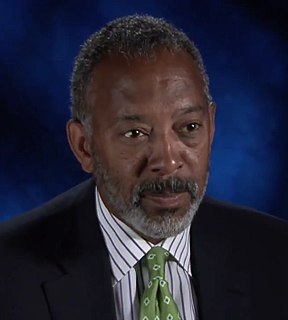A Quote by Azim Premji
Frankly, I don't know how many companies there are, globally, which are truly global.
Related Quotes
Each quarter, Indian IT firms publish their results, and these are broadcast on CNBC. From the comfort of their boardrooms, executives say how many new employees have been added, how many more Fortune 500 companies have been signed up as clients, how many million-dollar companies were added, and so on.
We have started something called the Corporate Services Corps. Now, it was modeled after the Peace Corps from long ago, the 1960s. And the idea was in this modern day and age, how do you get IBM'ers around the world to be global citizens? You know, globally aware, contribute, understand how to work in that environment, but do it on scale.
We have started something called the Corporate Services Corps. Now, it was modeled after the Peace Corps from long ago, the 1960s. And the idea was in this modern day and age, how do you get IBM’ers around the world to be global citizens? You know, globally aware, contribute, understand how to work in that environment, but do it on scale.
I've got many, many demons that affect me on many, many levels. A few years ago, I was convinced of that - I thought I truly was possessed by the devil. I remember sitting through the Exorcist a dozen times, saying to myself, 'Yeah, I can relate to that. I really wish I knew why I've done some of the things I've done over the years. I don't know if I'm a medium for some outside source. Whatever it is, frankly, I hope it's not what I think it is - Satan.”
The thing we have to be careful of is that the Internet is a global communications medium, and if one country tips the balance in regulating its use or regulating what companies or individuals do on the web, it could have an economic impact that might be unintended, quite frankly, by the regulations themselves.
And this exclusion of "women's work" continues, despite United Nations data gathered since 1975 (the beginning of the UN Decade for Women) indicating that women globally contribute two-thirds of the world's work hours, for which - given the imbalanced, unjust, and truly peculiar nature of the accounting characteristic of dominator economics - they globally earn only one-tenth of what men do and own a mere one-hundredth of the world's property.


































